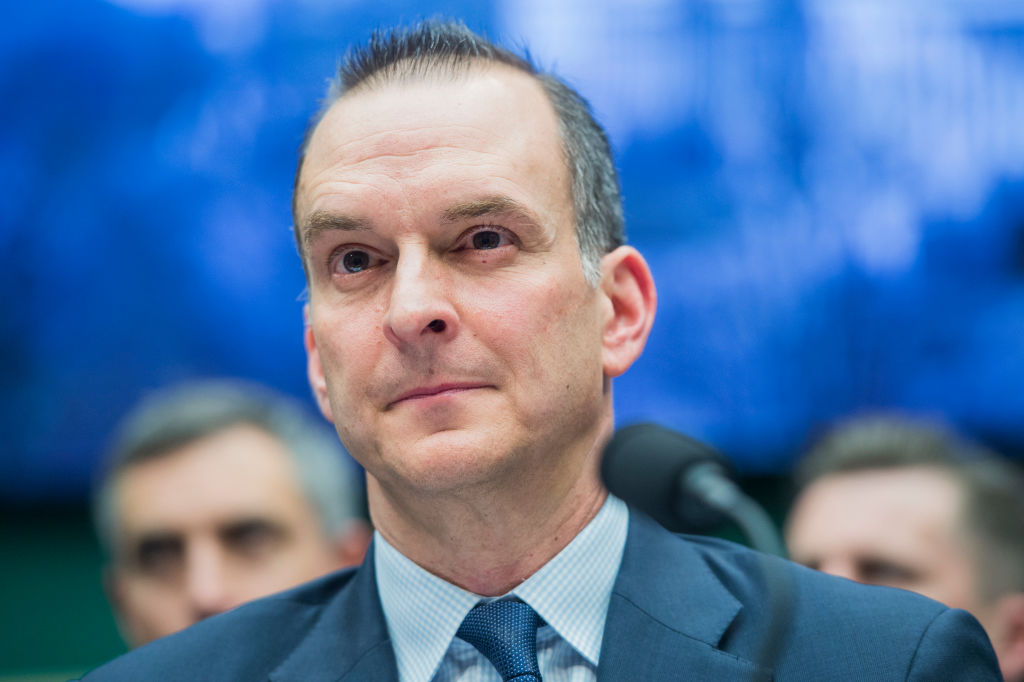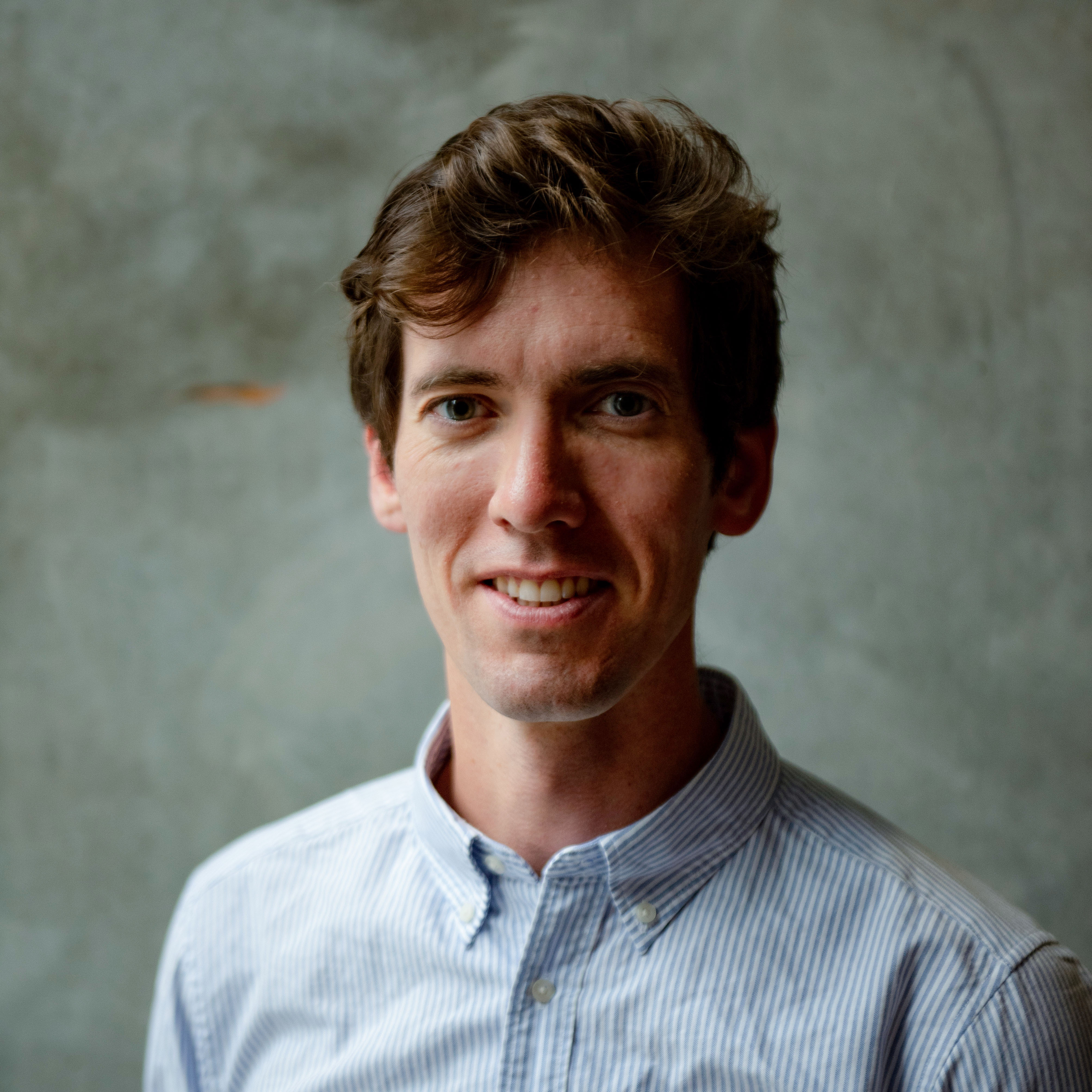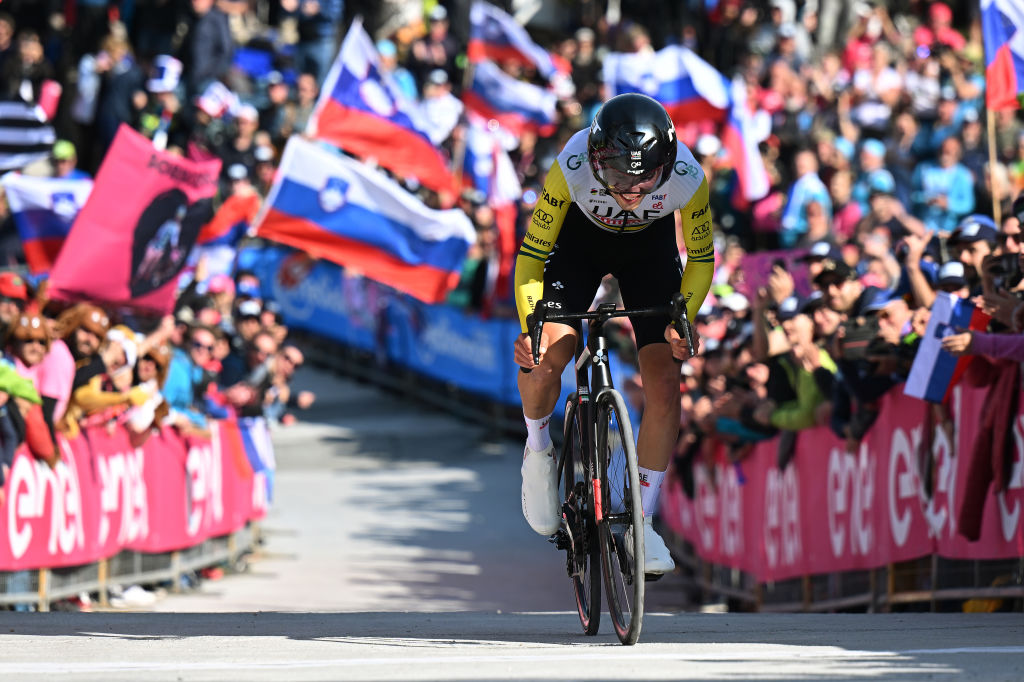USADA rejects WADA criticism of 'undercover agents' protected from doping sanctions
Tactics similar to those used in pursuit of Lance Armstrong have come under fire from the world anti-doping agency

Travis Tygart, CEO of the US anti-doping agency (USADA), and principal player in the sanctions against Lance Armstrong, has issued a strong defence of the agency’s use of informants after vocal public criticism from WADA.
Key to WADA’s criticism was the claim that three US athletes were allowed to compete despite committing anti-doping violations, in exchange for information in a period between 2011 and 2014.
"WADA is now aware of at least three cases where athletes who had committed serious anti-doping rule violations were allowed to continue to compete for years while they acted as undercover agents for USADA," the body said in a statement on August 7 in reaction to a Reuters story on the rift between the two anit-doping bodies.
WADA further claimed that USADA did this "without it notifying WADA and without there being any provision allowing such a practice under the Code or USADA’s own rules."
Related – The anti-doping frontier: How the biological passport has changed pro cycling
Tygert issued an impassioned rebuttal on behalf of USADA later that day. "It is sad to see WADA leaders’ desperate and dangerous attempts to smear others, including informants, instead of answering basic questions about why they allowed China to cover-up 23 positive tests for TMZ and two positive tests for metandienone," he said.
The controversy surrounding 23 Chinese swimmers who were cleared of adverse analytical findings on the grounds of mass contamination, and many of whom are competing at the Paris Olympics, had already drawn hostility from USADA.
The latest race content, interviews, features, reviews and expert buying guides, direct to your inbox!
"The expansive investigations done by USADA and the involved IF, referenced in WADA’s statement today, demonstrates exactly what WADA should have done with the Chinese swimmers’ positives: develop the evidence to identify the truth and uphold the rules to protect clean sport," he continued
Tygert further claimed that WADA was aware of the investigations and athlete cooperation. Despite the informant athletes competing, USADA claimed they would have been prohibited from competing at an elite level where they could have deprived professional athletes of income or medals, according to The Times.
The Times has also reported seeing correspondence supporting Tygert’s claim that WADA was actively involved in the investigation and supportive of the protection of informants.
WADA claims to have learnt of this practice in 2021, and immediately prohibited USADA from this style of investigation.
WADA's rules do however stipulate that concessions to anti-doping sanctions can broadly be allowed for "Athletes and other Persons to provide Substantial Assistance to Anti-Doping Organizations".
The code specifically states, "WADA may agree to suspensions of the period of Ineligibility and other Consequences for Substantial Assistance greater than those otherwise provided in this Article, or even no period of Ineligibility, no mandatory Public Disclosure and/or no return of prize money or payment of fines or costs."
The identity of the informants is not known, but WADA revealed that two of them were “low-ranking on the running circuit” while the third was competing at a higher level. All three athletes have now retired from competition.
USADA and Tygert’s statement concluded: "We are sad for clean athletes that WADA’s current leadership seems more interested in their own reputation than actually doing the work to protect clean sport, using the available tools to investigate, or winning the fight for clean athletes."
Peter Stuart was editor of Cyclingnews from 2022 until 2025. Before joining Cyclingnews, Peter was the digital editor of Rouleur magazine. Starting life as a freelance feature writer, with bylines in The Times and The Telegraph, he first entered cycling journalism in 2012, joining Cyclist magazine as staff writer. Peter has a background as an international rower, representing Great Britain at the under-23 level and at the Junior Rowing World Championships.

